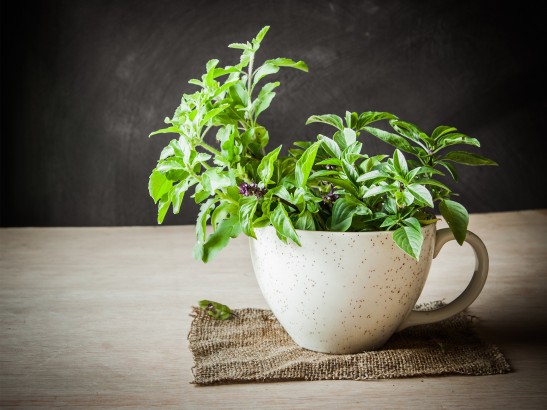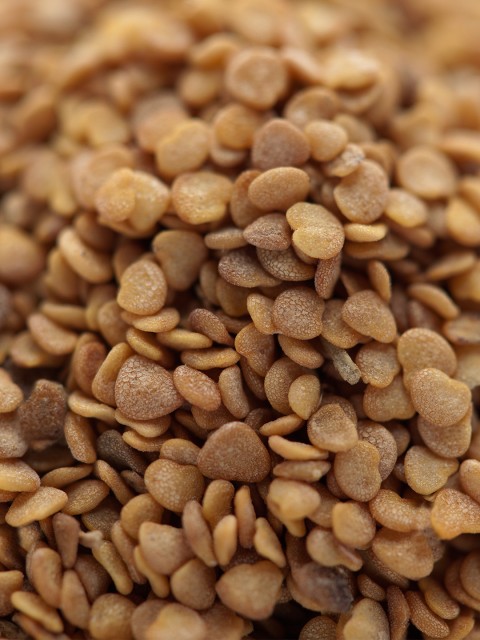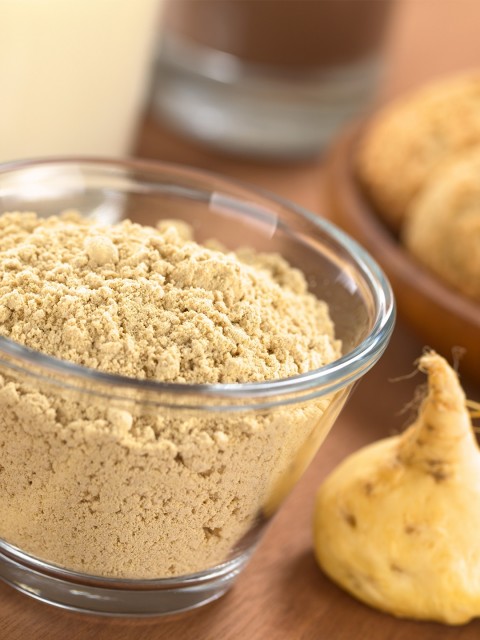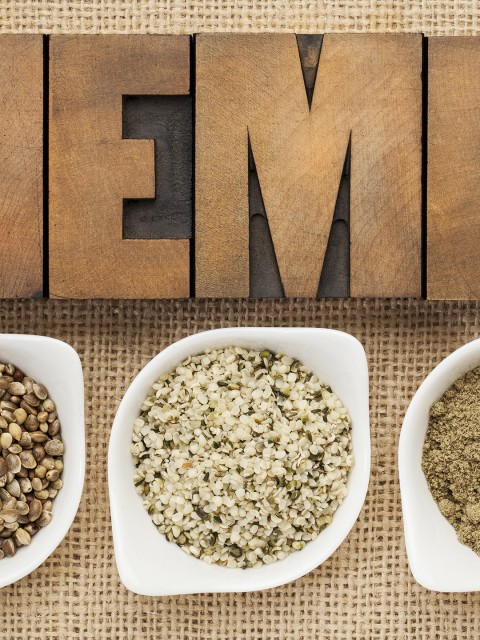
Tulsi Is An Indian Sacred Herb Known As The “Queen of Herbs.” The Latin name for Tulsi is Ocimum sanctum.
You may also recognize this herb with other vernacular names such as Sanskrit – Tulasi, Tulssi, Tulsi, Holy Basil, Bengali, Krishna or Thulasi.
There are different variants of the tulsi plant: green and red are commonly used as part of a daily Hindu ritual.
This herb is pungent and bitter in its taste, and the parts that can be used are the leaves, root and seeds.
Tulsi, or Holy Basil, has antibacterial activity. Its general adaptogenic effects protect against stress-induced ulcers.
Even though it is classified as heating, this herb has healing abilities and whatever the cause of the fever, Tulsi can clear the heat and reduce the fever.
The fresh leaves are used to cure coughs, stress-related skin disorders, and indigestion. The essential oil of the tulsi herb has been used to treat ear infections, and seeds are considered as a general tonic.
Tulsi also has strengthening effects on the kidneys, and the leaves of this plant are considered beneficial for the prevention of malaria.
You can buy Tulsi or Holy Basil on Amazon: Holy Basil
Tulsi Or Holy Basil Benefits
Tulsi is an ideal remedy to reduce stress levels, fever, get rid of colds and coughs. Other essential benefits are:
- Improves shortness of breath
- Improves mental clarity and awareness
- Good for people with tension headaches
- Has antibacterial activity against Staphococcus aureus
- Treats fevers and flu by encouraging sweating
- Clears mucus from the lungs (good for people with asthma, bronchitis)
- Helps to increase circulation through the heart (when there is congestion)
- Suitable for digestions calms a fermentative digestive tract.
- When used externally and when heated, Tulsi is used for fungal infections and boils
Tulsi Tea Ideas
You can simply enjoy your tulsi tea like any other herbal tea: in boiled water add one teaspoon of your favorite tulsi leaves brand and enjoy the taste and its unique health benefits. Here are some ideas on how to make your tulsi tea for certain conditions:
- (1) To prevent stress, chew approximately ten tulsi leaves twice a day, morning and evening.
- (2) To treat a sore throat, boil water with tulsi leaves gargle in a sore throat.
- (3) In fevers, you can either use only tulsi, or mix ginger and tulsi, or tulsi and cinnamon.
- (4) To treat bronchitis and coughs, the juice from the leaves is used with honey.
Dangers of Tulsi
Even though there are no clear indications that tulsi or holy basil would be dangerous for you, some claims are referring to patients using paracetamol. They should avoid using tulsi because the eugenol content may deplete glutathione from the liver (paracetamol is glutathione-depleting medication).


